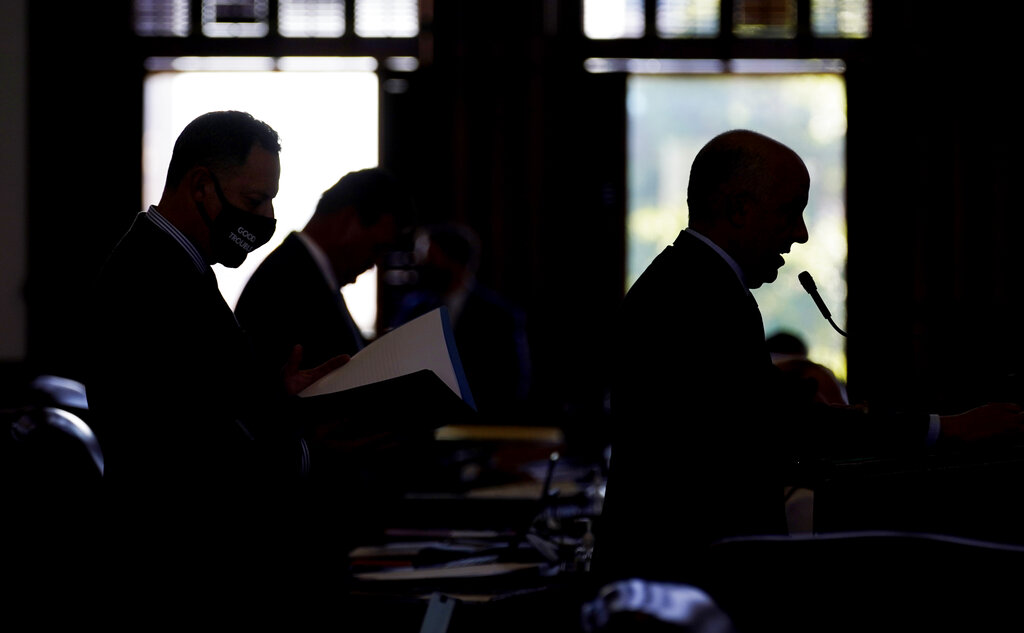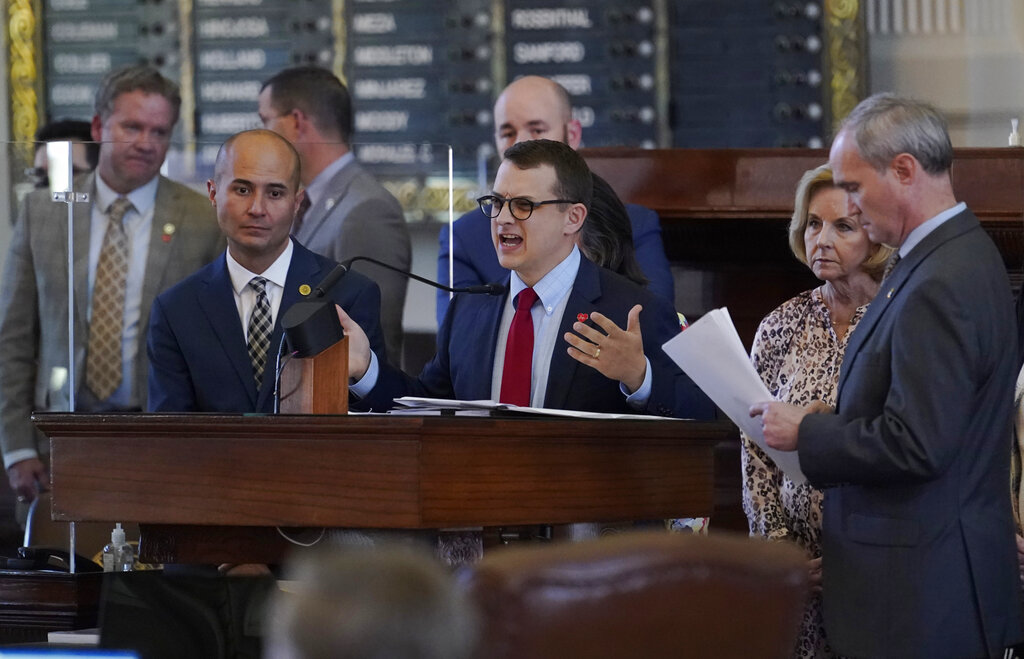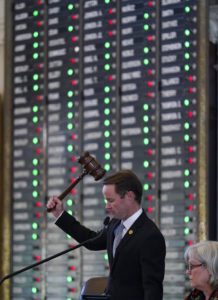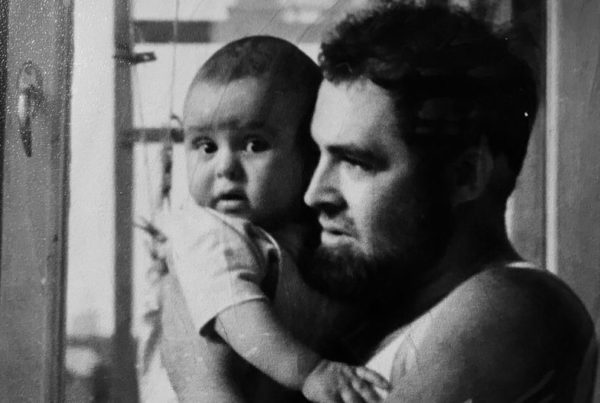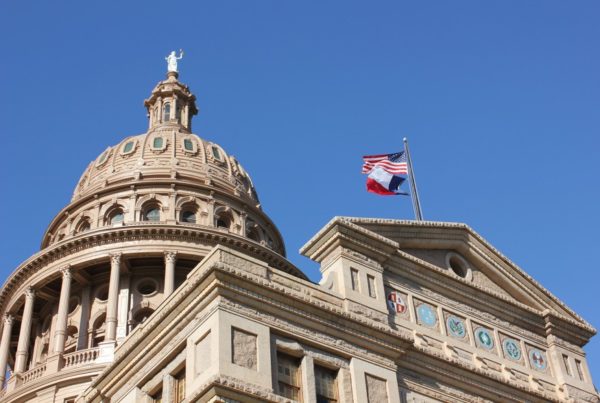After 140 days, the regular session of the 87th Texas Legislature is finally over. The session saw some major triumphs for the conservative Republican majority, but not all their priorities passed.
In fact, some of their marquee bills died right at the end of the session, when passage appeared in sight.
The highest-profile casualty of the regular session was Senate Bill 7. A conference version of the bill had passed the Senate, and it t appeared to be sailing towards passage in the House on Sunday when Democrats discreetly filed out of the chamber, denying the GOP a quorum.
Midnight that night was the deadline for the House to pass conference committee reports. Unable to hold a vote, the House was forced to adjourn, killing SB 7.
“I think it was really unfortunate,” said state Rep. Jacey Jetton, R-Richmond, one of the final speakers on the bill before House Speaker Dade Phelan established that there were no longer enough members present to do business.
“The idea that this is a tool to be used to kill legislation is just wrong,” Jetton said. “We are elected to show up. We’re elected to debate, engage in this process and to eventually vote on this legislation.”
At a press conference across town, Democratic Caucus chairman Chris Turner, the state representative for Grand Prairie, said Republicans had left him and his colleagues no choice.
“Even though our Democratic members needed to speak out against this bill and demonstrate their opposition, why it is so harmful to our constituents, they were prepared to cut us off and try to silence us,” Turner said. “We were not going to let them do that.”
Elections And Bail Reform
SB 7 included a number of provisions to block election reforms Harris County either enacted or attempted during the 2020 presidential election. These included a ban on 24-hour voting and drive-through voting, as well as a ban on local officials sending out mail-in ballot applications unless asked. The bill would also have greatly empowered partisan poll watchers.
Supporters say the measures were needed to prevent the risk of election fraud. Opponents countered that no such fraud existed, arguing the measures were primarily designed to suppress the votes of African American voters, Hispanic voters, the elderly, and the disabled.


